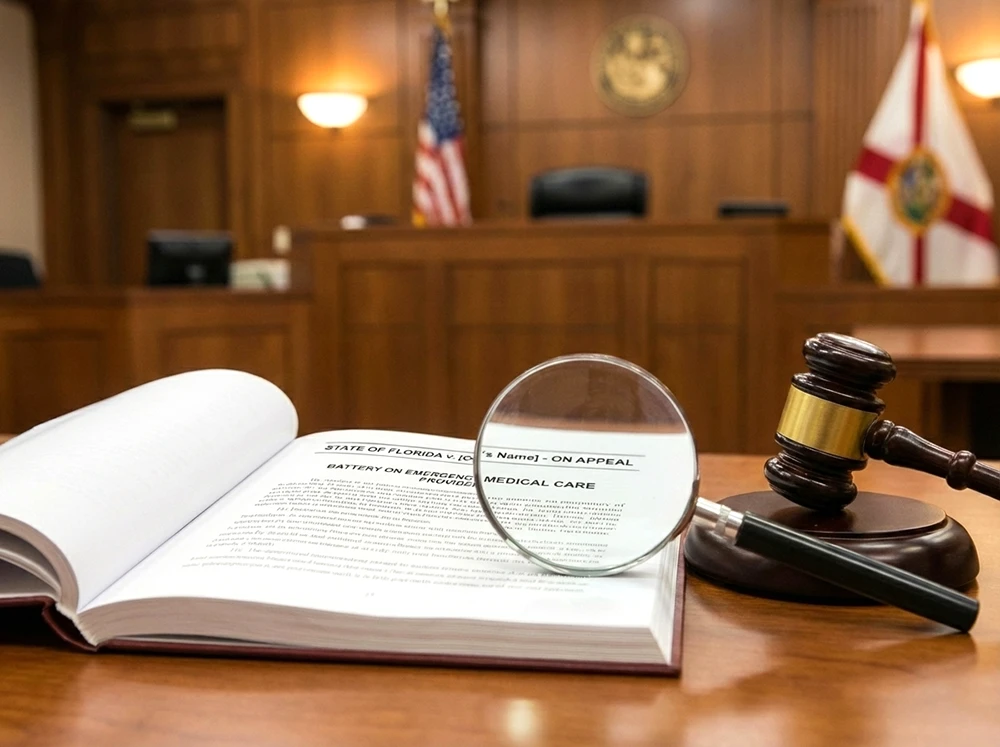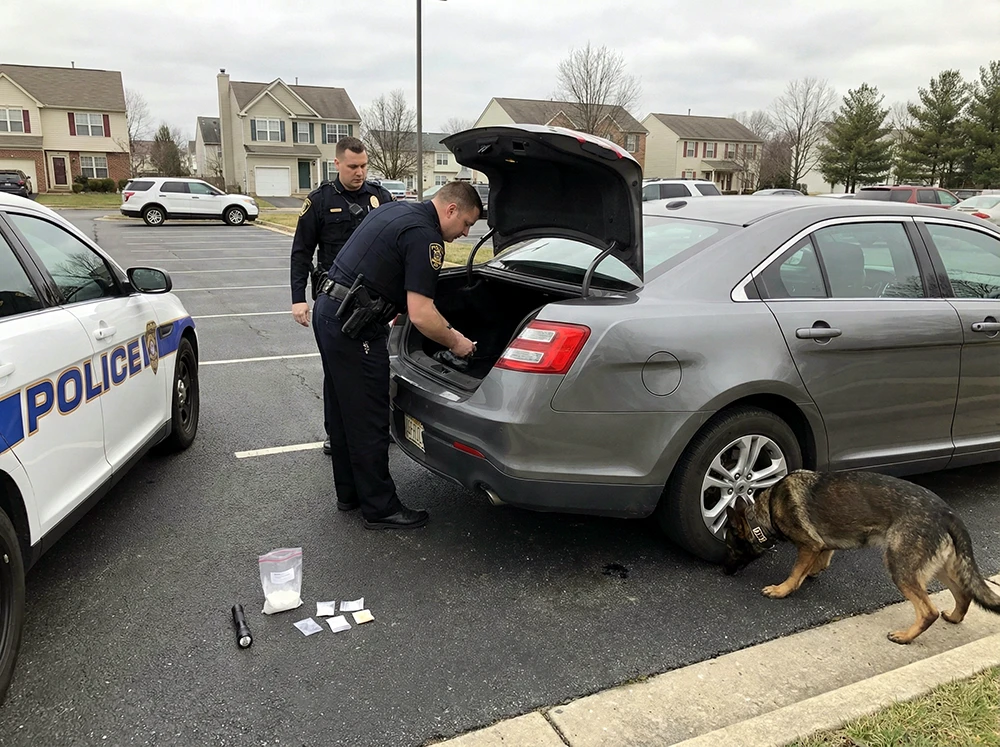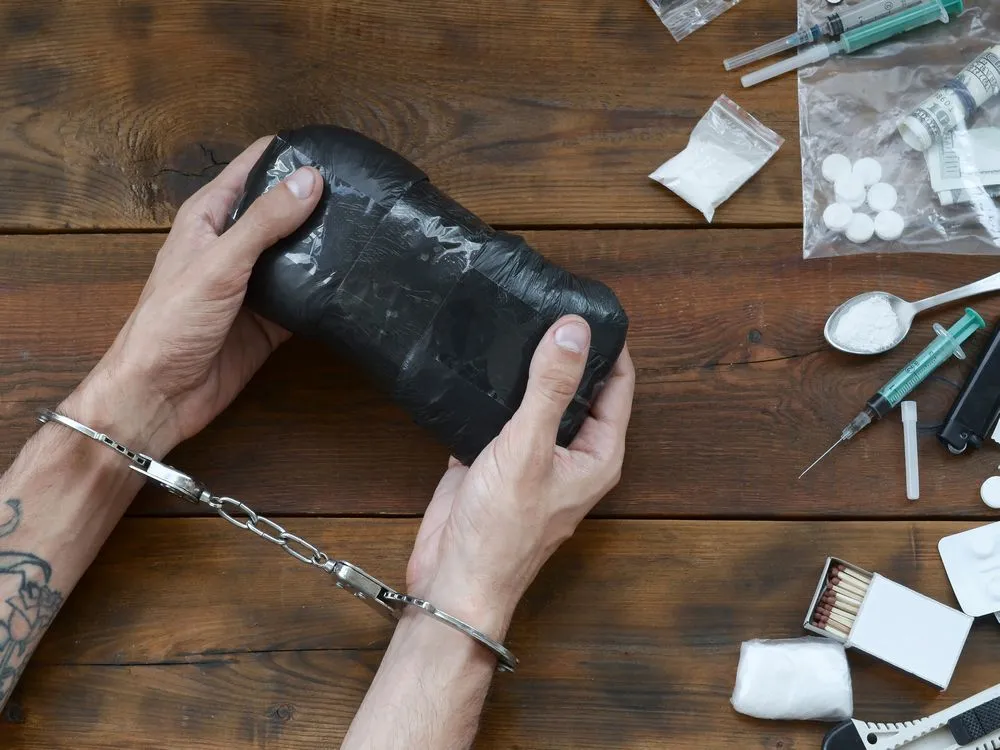In the United States, the police are not just able to search anyone at any time. The Constitution – specifically the Fourth Amendment – guarantees that individuals are free from illegal search and seizure. If you are searched illegally, there is not usually anything you can do about it in that moment. However, if evidence of illegal activity is found during the search, and that evidence is later used to convict someone of a crime, the conviction may be vacated. That is what happened in this case, heard by the Florida Fifth District Court of Appeal. The laws around what is an illegal seizure and illegal search are very fact specific. Therefore, if you have questions you should talk to a knowledgeable Florida criminal defense attorney familiar with Florida laws and they can help you to figure out whether a search was permissible in your specific circumstances.
Terry Stops
A 1968 case called Terry established the test for what is legal when it comes to “stop and frisk” searches. The test has two prongs. First, for the search to be permissible the police need to have a reasonable suspicion of criminal activity “afoot.” The police need to be able to articulate what makes them suspicious of the behavior; it can’t just be based on a vague feeling or hunch. They don’t need to witness actual criminal behavior, but there needs to be something that they can define as relatable to potential criminal activity.
 Tampa Criminal Lawyer Blog
Tampa Criminal Lawyer Blog



















